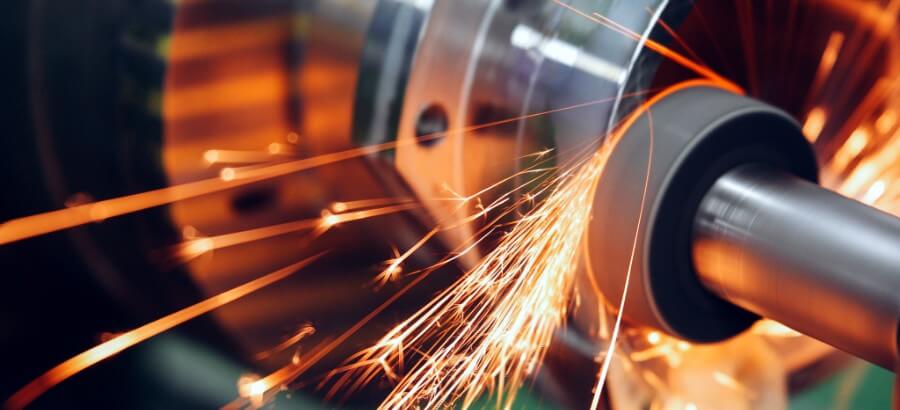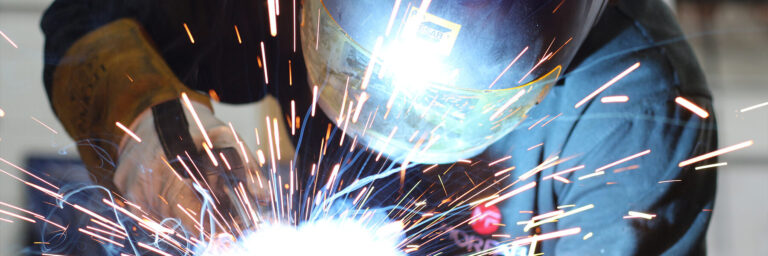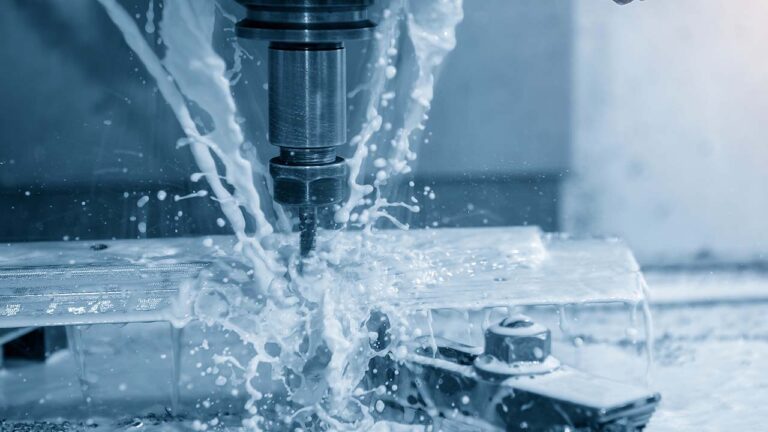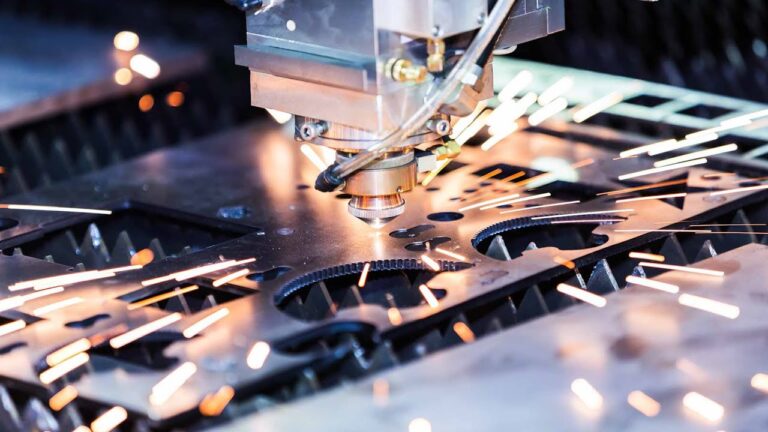Sheet metal fabrication services play a crucial role in modern manufacturing and construction. For reliable and precise sheet metal fabrication services MS, trust experienced professionals to meet your project needs. From creating intricate components for machines to building structures, understanding the process and its significance can guide better project decisions.
Understanding Sheet Metal Fabrication
Sheet metal fabrication involves transforming flat sheets of metal into specific structures or parts through various techniques. These processes can include cutting, bending, welding, and assembling. Metals like stainless steel, aluminum, and mild steel are commonly used due to their durability and flexibility.
Key Processes in Sheet Metal Fabrication
- Cutting and Shearing
- Cutting is a fundamental part of sheet metal fabrication. This step can be accomplished using lasers, plasma cutters, or mechanical shearing. Each method has its benefits. For example, laser cutting provides high precision, while mechanical shearing is cost-effective for straightforward projects.
- Bending and Forming
- Once the sheet is cut, the next step is bending it into the required shape. This is usually done with a press brake, which applies force to the metal to create a specific angle. Bending is essential for producing parts like brackets, enclosures, and other support structures.
- Welding and Joining
- Welding joins different metal pieces, creating strong bonds. Techniques like TIG (Tungsten Inert Gas) and MIG (Metal Inert Gas) welding are common. This step is vital for assembling complex structures that require durability and structural integrity.
- Finishing Processes
- To ensure the product meets quality standards, finishing processes like grinding, polishing, and painting are applied. This step can enhance aesthetics and add protection against corrosion or wear.
Types of Metals Used in Fabrication
- Mild Steel
- One of the most frequently used metals in these services is mild steel. It is known for its balance between strength and malleability, making it suitable for a range of projects, from automotive parts to construction components.
- Stainless Steel
- Stainless steel is prized for its resistance to rust and corrosion, making it ideal for projects that need long-lasting, high-quality finishes. It is often used in kitchen appliances, medical equipment, and decorative elements.
- Aluminum
- Aluminum is lightweight yet strong, which makes it perfect for aerospace and transportation projects. It also has natural anti-corrosion properties and is easy to work with, enhancing its appeal for many applications.
Why Sheet Metal Fabrication Is Essential for Projects
- Customizability
- One of the primary advantages of sheet metal fabrication is its adaptability. Whether you need a custom component for machinery or specific panels for a building, the process can be tailored to meet precise specifications.
- Durability
- Metal components are known for their strength and longevity. When compared to other materials like plastics or wood, metals can withstand greater stress and environmental conditions, making them more reliable for long-term use.
- Precision
- Modern fabrication services employ technologies like computer numerical control (CNC) machines that ensure high accuracy. This precision reduces waste and increases the efficiency of production, resulting in cost savings and higher-quality outcomes.
- Economic Benefits
- Using sheet metal for projects often leads to cost savings over time. While the initial investment may be higher than other materials, the long-lasting nature of metal products means fewer replacements and repairs are needed, making it a cost-effective choice.
Applications of Sheet Metal Fabrication
- Construction and Infrastructure
- In construction, sheet metal is used for roofing, walls, and support beams. Its strength and resilience make it an ideal material for enduring the elements and supporting the integrity of buildings.
- Automotive Industry
- Car manufacturers use fabricated metal parts for everything from the chassis to interior components. The use of mild steel and aluminum in vehicles provides a balance between safety, weight, and fuel efficiency.
- Aerospace Sector
- The aerospace industry benefits greatly from aluminum’s lightweight properties. Sheet metal fabrication in this field ensures that components meet strict standards for safety and performance.
- Electronics and Appliances
- Many household appliances, including refrigerators, microwaves, and washing machines, use metal parts that come from sheet metal fabrication. The precise cutting and forming processes ensure that these components fit perfectly and operate efficiently.
Selecting the Right Fabrication Service
Choosing the right sheet metal fabrication service involves assessing experience, equipment, and project capabilities. It’s important to ensure that the service provider uses high-quality materials and follows strict quality control standards. This helps guarantee that the final product meets expectations and is ready for its intended use.
Wrapping Up
Sheet metal fabrication services are essential in today’s world, playing a critical role in industries such as construction, automotive, aerospace, and beyond. Their ability to offer precision, customizability, and durability makes them invaluable for various projects. By understanding the fundamentals and benefits, you can make informed decisions for your next project.
If your upcoming project requires reliable and quality sheet metal fabrication, consider reaching out to trusted experts in the field. Their specialized services can bring your vision to life, ensuring successful project outcomes.





